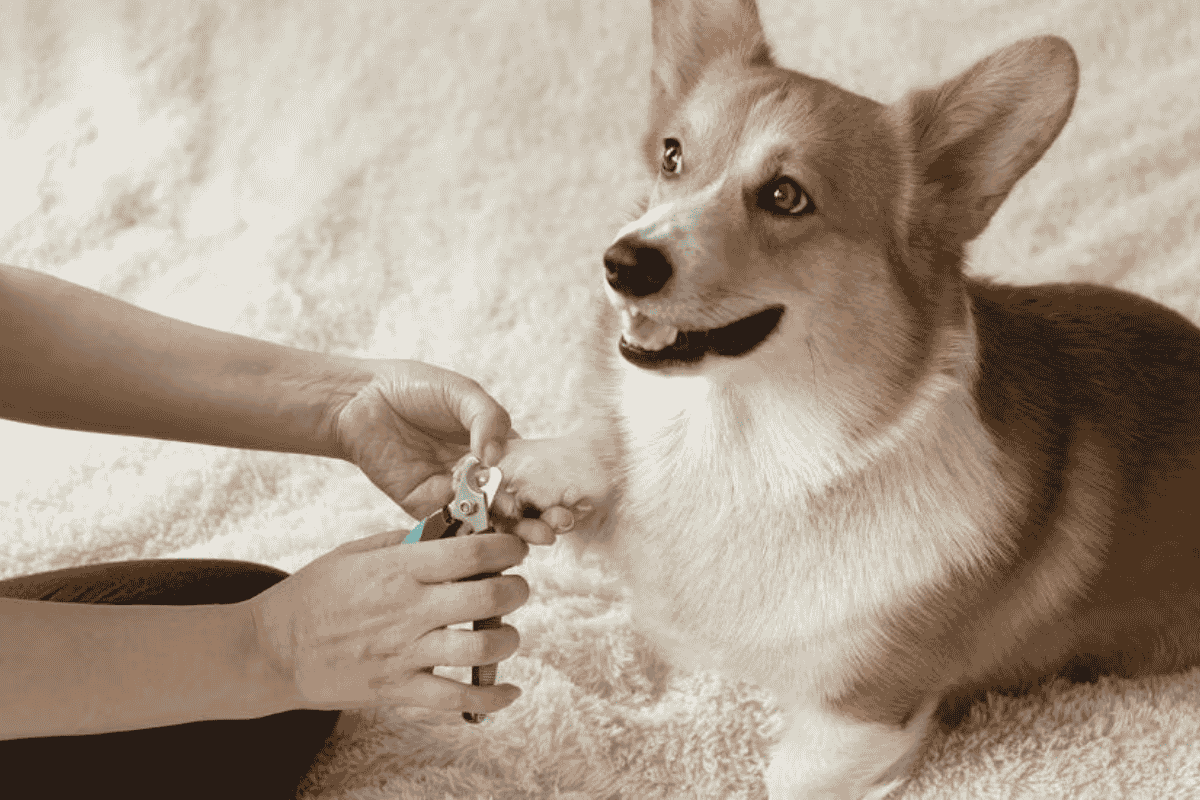Chiggers, scientifically known as Trombiculamites, are also referred to as red bugs, harvest mites, itch mites, or scrub mites. These tiny red pests are typically found in wooded areas and tall grasses, especially in the southeastern United States.
Chiggers in their larval stage feed on animals, birds, and reptiles. Unlike fleas or ticks, they do not burrow into the skin or feed on blood.
Instead, they attach to the skin and release salivary secretions that form a tube called a stylostome, which allows them to consume liquefied skin tissue. After several days of feeding, the chigger detaches, but the stylostome remains, causing persistent itching.
Chigger bites are most common in the summer and fall months. Though they don’t carry diseases, their bites can cause severe itching that may lead to secondary infections if scratched excessively.
Symptoms of Chigger Bites in Dogs
While a dog’s fur provides some protection, chiggers often attach to less-covered areas such as:
- Around the ears
- Near the eyes
- Other areas of thin or exposed skin
Signs of chigger bites include:
- Intense itching
- Red, inflamed bumps
- Possible skin irritation or infection from scratching
Treating Chigger Bites
Removing chiggers promptly helps minimize discomfort. Recommended treatments include:
- Wiping affected areas with a soft cloth or vet-approved skin wipes
- Bathing your dog in warm water to wash off chiggers
- Veterinary care for severe infestations, which may include prescribed prednisone for inflammation
- Systemic acaricides (e.g., Frontline, Revolution, Seresto) to kill and repel chiggers, as well as ticks and mites
Though the itching may persist for up to a week, chiggers do not stay on dogs long-term.
Are Chiggers Contagious?
Chiggers do not jump from dogs to people. However, multiple dogs exposed to the same outdoor area may develop infestations simultaneously.
Alternative Treatments
Some dog owners try home remedies such as oatmeal, Epsom salts, or green tea baths. While these may soothe itching, their effectiveness varies. Always consult your veterinarian before trying alternative remedies to ensure safety and proper care.












